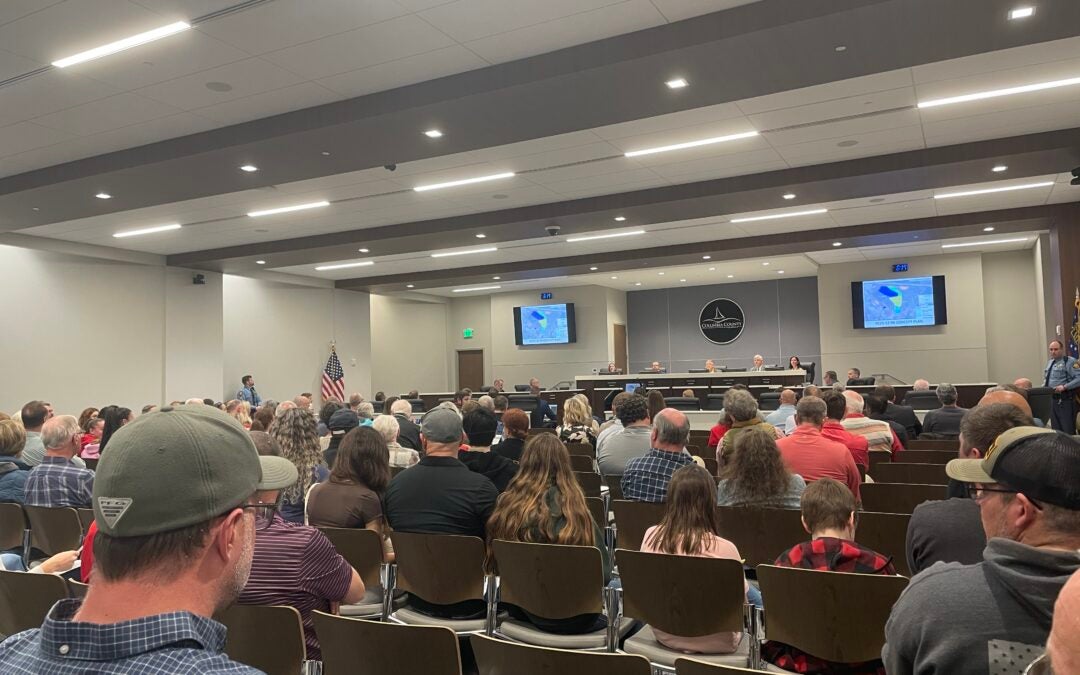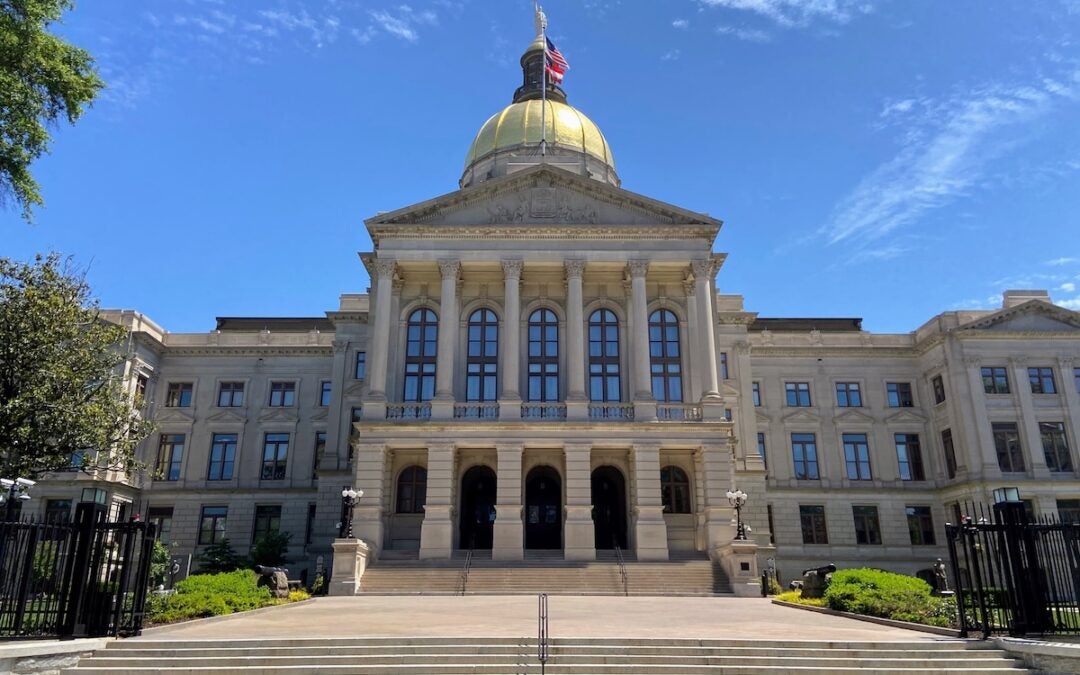(The Center Square) – The chairman of a Georgia Senate committee studying how to eliminate the state income tax said he firmly believes a “thorough responsible plan” will be part of the 2026 session of the Georgia General Assembly.
Sen. Blake Tillery, R-Vidalia, mentioned eliminating the tax when presenting the state budget in March. Lt. Gov. Burt Jones appointed Tillery, chairman of the Senate Appropriations Committee, to lead the Senate Study Committee on Eliminating Georgia’s Income Tax, which has held four meetings.
“Nine other states have already figured out how to eliminate their income tax. Georgia should too,” Tillery said in an email to The Center Square.
The state brings in $16 billion from income tax and the committee is tasked with creating a plan to replace the revenue. Committee members agreed at their September meeting not to increase grocery taxes or fuel taxes if the income tax was stopped.
Some are questioning if it can be done. A report from the Georgia Budget and Policy Institute said eliminating the income tax would “represent the largest transfer of wealth from working and middle-class families to high income individuals and corporations in state history.”
“Furthermore, about three-quarters of Georgia’s state budget funds health care and public education (Fiscal Year (FY) 2026),” said Dr. Daniel Kanso, director of legislative strategy and senior fiscal analyst for the Georgia Budget and Policy Institute in the report. “If the state abandons its primary source of revenue, these vital services would be first in line for budget cuts that could threaten Georgia’s economy, children and families.”
The report said that six of the nine states without an income tax receive more than 50% of their revenue from sales taxes. Georgia gets 27% of its revenue from sales tax and 48% from the income tax.
“Sales and property taxes hit low- and middle-income families the hardest by consuming a larger share of their economic resources, while income taxes help to ensure higher income households and corporations pay their fair share,” the report said. “Importantly, income taxes also generally keep pace with economic growth, helping to fund key public services like education and health care (73% of all state spending in FY 2026) and to avoid the sharp dips that could otherwise occur during an economic downturn. Without income tax revenue, Georgia’s healthy fiscal outlook could rapidly turn upside down.”
The Center Square was unsuccessful prior to publication of getting comment from Kanso.
Sen. Nan Orrock, D-Atlanta, mentioned the report during the committee’s meeting last Monday. When asked if the Georgia Budget and Policy Institute would be asked to hear from the committee, Tillery said, “They’ve submitted their views in writing and their report was included in the committee minutes.”
Tillery is running for lieutenant governor. Committee members Greg Dolezal, R-Cumming, Steve Gooch, R-Dahlonega, and John Kennedy, R-Macon, are also running. Tillery dismissed claims that the push to remove the income tax was a publicity stunt.
“There’s nothing funny or gimmicky about middle class families being unable to afford rent, mortgages, gas or groceries,” Tillery said. “That’s real. Eliminating the income tax lets Georgians keep another 5% of their hard-earned wages to combat these costs.”
The committee will hold another meeting but a date has not been set.










